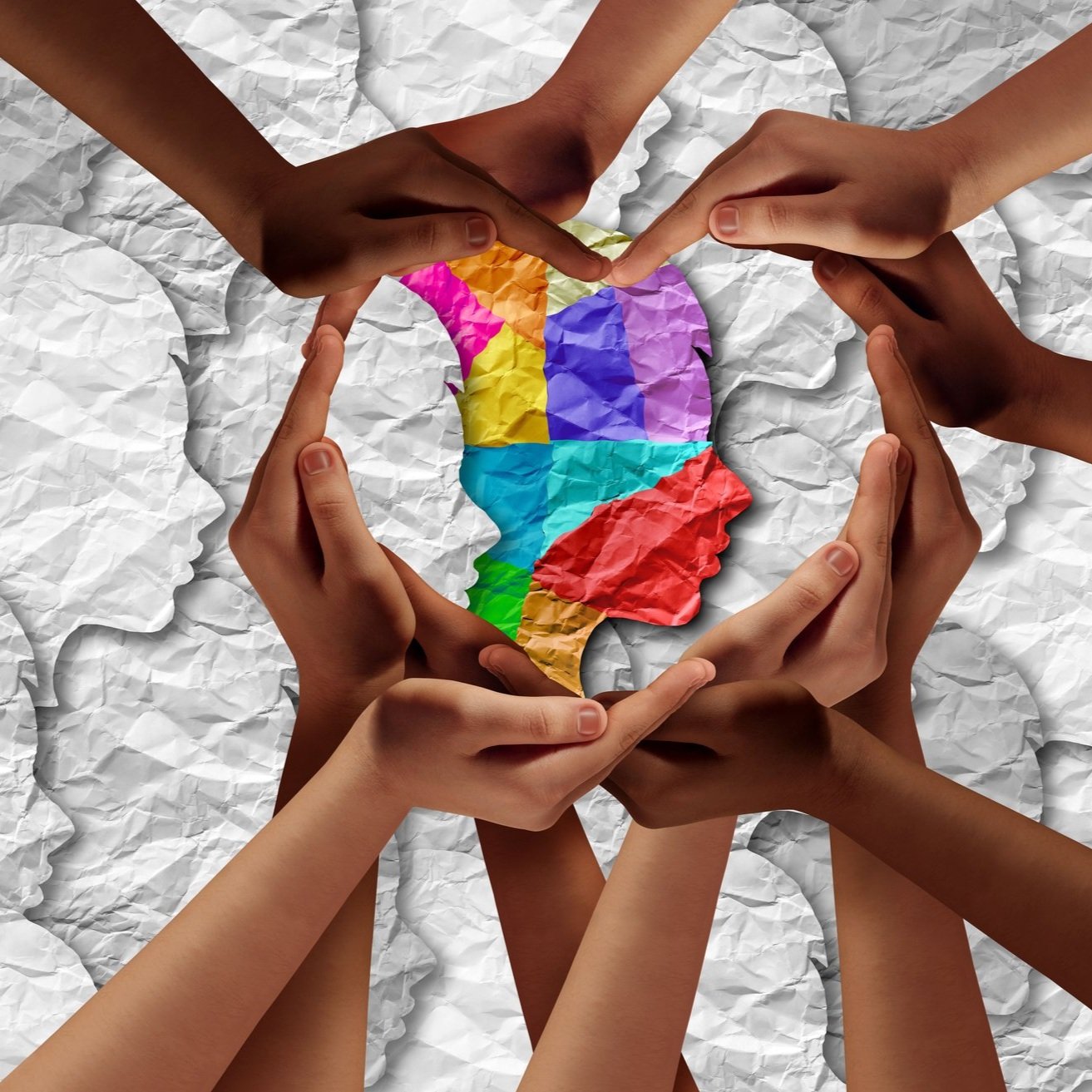Identifying Autism in Children
What is the best way to identify if your child has Autism?
While this usually is best done via a licensed professional, signs of Autism can include social difficulties (especially with peers), sensory sensitivities (over-reacting to stimuli from the five senses), difficulty with eye contact, and difficulties with joint attention (sharing experiences and connecting with others around those experiences at the moment).
Is early diagnosis an essential factor in helping this community of children?
It can be beneficial as interventions such as occupational therapy and social skills group training can be implemented sooner, allowing more significant gains.
Is there a notable difference between boys and girls?
In general, Autism seems to be more common in boys than in girls (approximately 3-4 to 1), with boys often exhibiting more obvious unusual interests and social difficulties at an early age and girls often more able to cover up their social problems under the guise of “shyness” or “anxiety.”
Is there standard testing that can be applied and help parents to identify?
Yes, there are a variety of methods and instruments that are used to help identify children who are on the Autism Spectrum. Signs and symptoms of Autism can vary slightly and sometimes are subtle.
What are the standard industry tests, and how effective are they when identifying what spectrum your child may fall?
Since there isn’t a blood test for Autism, diagnosis relies more upon observations of a child’s behaviors. These observations can include Developmental Monitoring to see how and when a child is meeting their developmental milestones. Developmental Screening (usually recommended at nine months, 18 months, and 30 months) involves using checklists and surveys that caregivers complete. The results are compared to that of children of the same age. If concerns emerge regarding a child's possible Autism, then a more in-depth evaluation can be done to determine whether a child meets the criteria for Autism.
Are there special learning opportunities for children diagnosed with Autism?
Yes: children with Autism often benefit from the resources provided once diagnosed. These can include smaller classes, more individualized attention, and interventions such as applied behavior analysis, speech and language therapy, occupational therapy, physical therapy, and social skills training.

